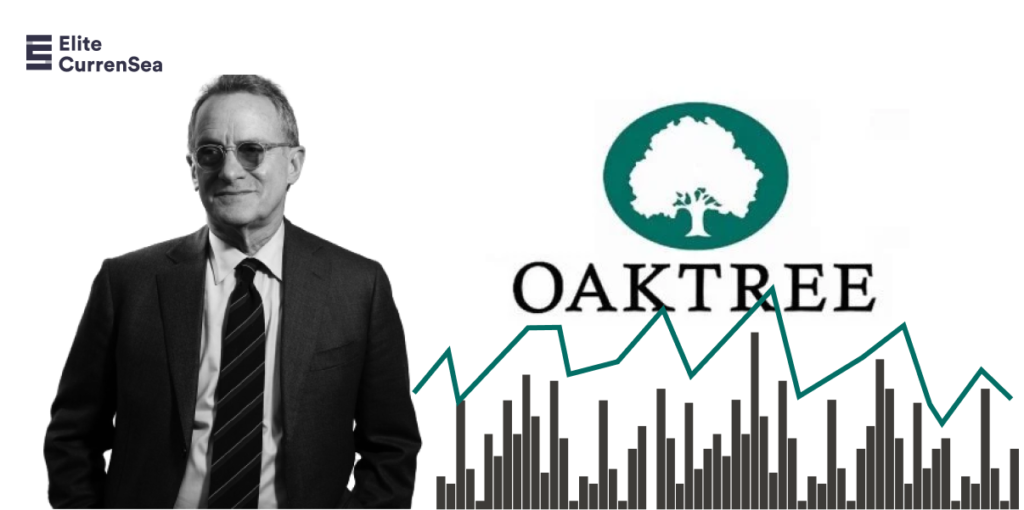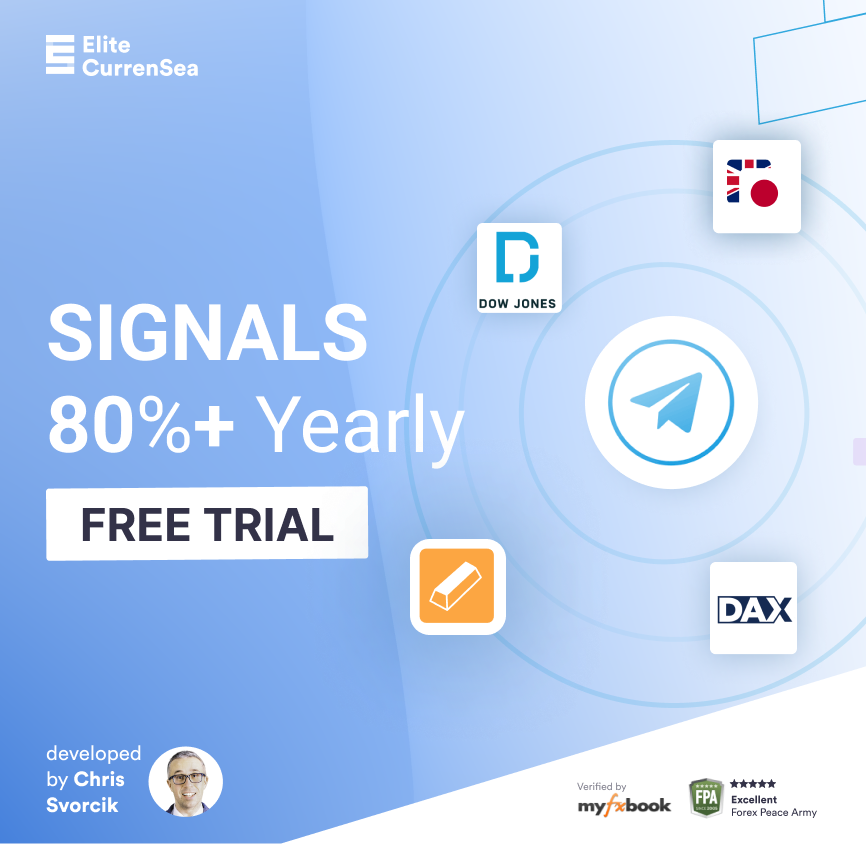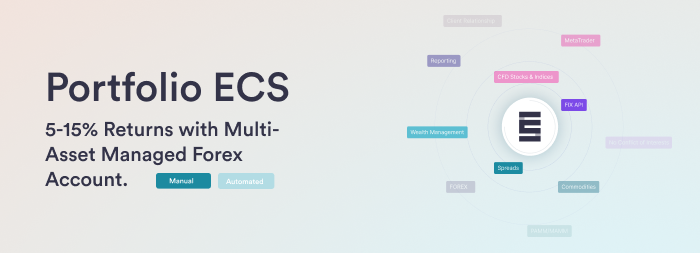Oaktree’s Howard Marks on What Will Matter in Investing in 2023

Gaining perspective on the markets is key – so it’s great to have insight from investing icon Howard Marks, co-founder of Oaktree. In a recent note to clients, he outlined which factors really matter right now, and which are irrelevant. We’ve summarized his outlook, and found some ways to benefit from it – take a look!
The Things That Matter
Marks knows what it takes to be a successful long-term investor: staying in the market and not trying to time it are the keys to greater returns over the long haul. When it comes to the performance of your investments over the next five to ten years (or beyond), it’s all about how much value you end up with compared to the initial investment and what your goals are.
The primary aim of a stock investor should be to take part in the steady and perpetual growth of economies and businesses, and to be able to enjoy the rewards of compounded returns. Marks professes that contributing to the long-term success of the average is the most essential part, with the extra “embroidery” being the icing on the cake. Much like Warren Buffett, it’s suggested that when buying a stock, you should regard yourself as a companion with the same goals as the other shareholders.
Marks frequently laments that investors purchase stocks with the sole objective of selling them for a higher price, viewing these positions as trades rather than investments – no wonder then that the typical investor has such a short holding period of six months!
Be mindful that you don’t have to remain invested in all funds no matter what. If you are invested in actively managed funds, Marks advises you to assess if the fund managers can deliver “asymmetry” or alpha; that is, returns that surpass the benchmark in both bull markets and bear markets over the long term.
Active fund managers should possess an eye for spotting pricing discrepancies, when a certain asset falls well below its fair value and can be bought at a steal, or if it’s priced too high and you’d be better off looking elsewhere. Many fund managers have achieved success, however if your manager hasn’t outdone the benchmark, then the fees are not worth the payoff and you’d be wiser investing in a less expensive passive index fund. The old adage still stands: “Don’t mistake luck for skill in a booming market.”
What Doesn’t Matter Then?
Marks deduces that share prices are more influenced by investor psychology than long-term company prospects, a conclusion that appears accurate.
Such emotion-driven changes have more impact in the short-term, making most attempts at short-term trading a waste of time; on top of that, there will always be transaction costs associated, even if they’re obscured in the bid-offer spread.
For those who may prefer a “smooth 12% return” over a “lumpy 15% return,” it’s essential to understand the importance of volatility – the greater your ability to withstand volatility, the higher your potential long-term returns. As Warren Buffett famously noted, the question to ask yourself is whether the aversion to volatility is more financial or more emotional.
When markets are volatile, there is the potential for investors to suffer huge losses – and such risks may not be acceptable to many – but those with a long-term outlook and the stomach to cope with downturns stand to gain an edge, according to Marks.
Here, we have to step in and advocate a bit against Mark’s blunt remakers. Although his general sentiment is correct in our – short-term trading is extremely hard, it is also, often, the only way for traders with low capital to reach liquidity levels sufficient to go long-term.
Furthermore, short trading accompanied by the power of CFDs and leverage greatly simplified (as well as making it more dangerous for untrained) to make calculated bets, this way also diversifying one’s longer-term focused strategy.
How to Integrate Mr. Marks’ Remarks?
Remember: Investing in the stock market is all about timing your purchases, not trying to time the market. Stay in the game as long as you can – this is the key to building wealth.
Active fund managers have faced a difficulty trying to find that perfect balance of risk and reward – something that’s become even more evident this year with the sudden shift from active to passive funds.
This trend has been further amplified in 2022 with the influx of funds into bonds and mixed-asset portfolios (which comprise stocks, bonds and gold).
Therefore, you need to assess all your active-fund investments carefully (yes, even the ones you made/are planning to make in Portfolio ECS) and see if they are consistently beating the market (SP500); chances are, many don’t and it’s probably better to go into ETFs (passive funds) that track your typical bunch – like growth stocks, commodities on the rise, value stocks and some international stocks.
Safe Trading
Team of Elite CurrenSea 🇺🇦❤️








Leave a Reply